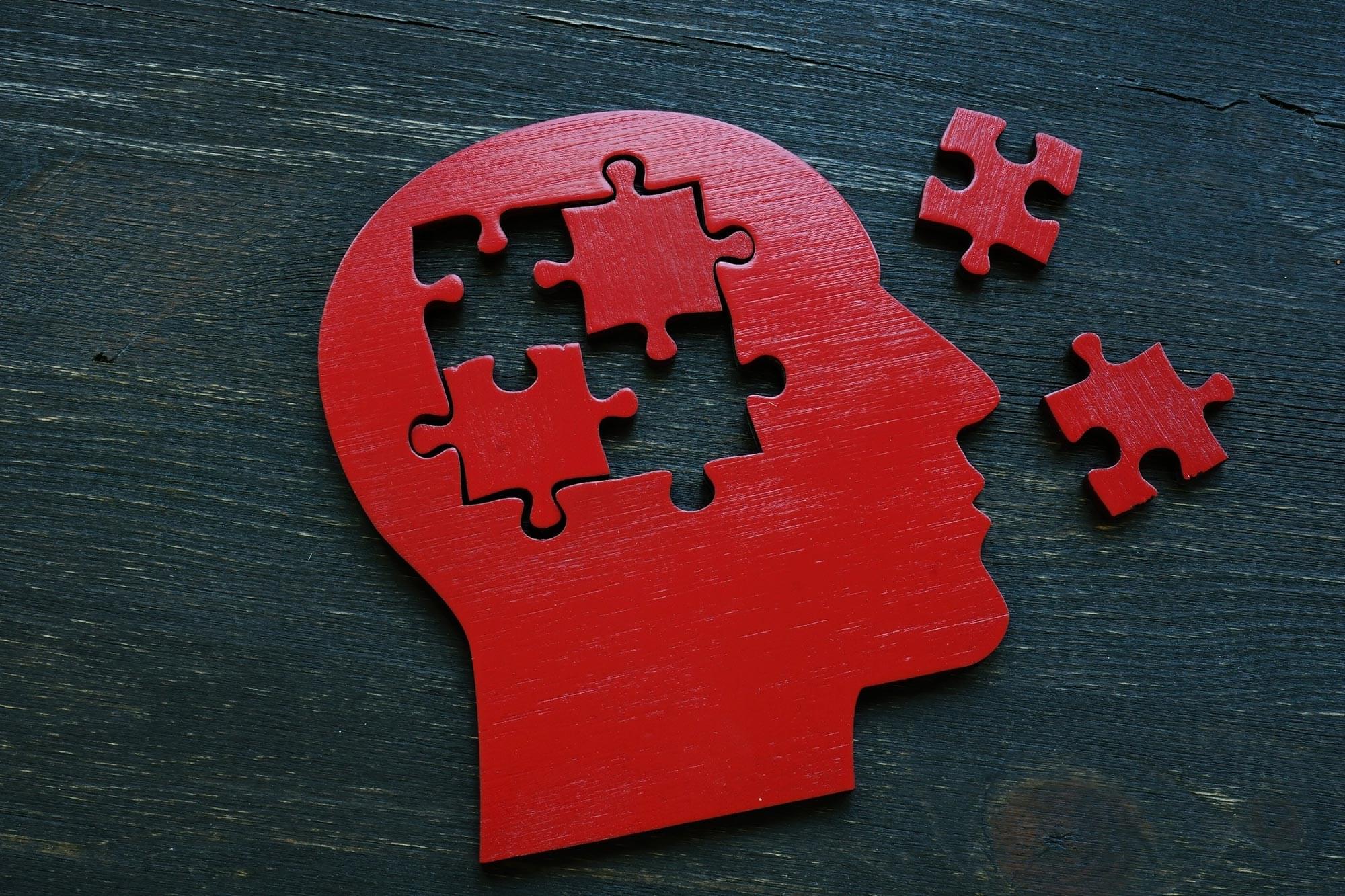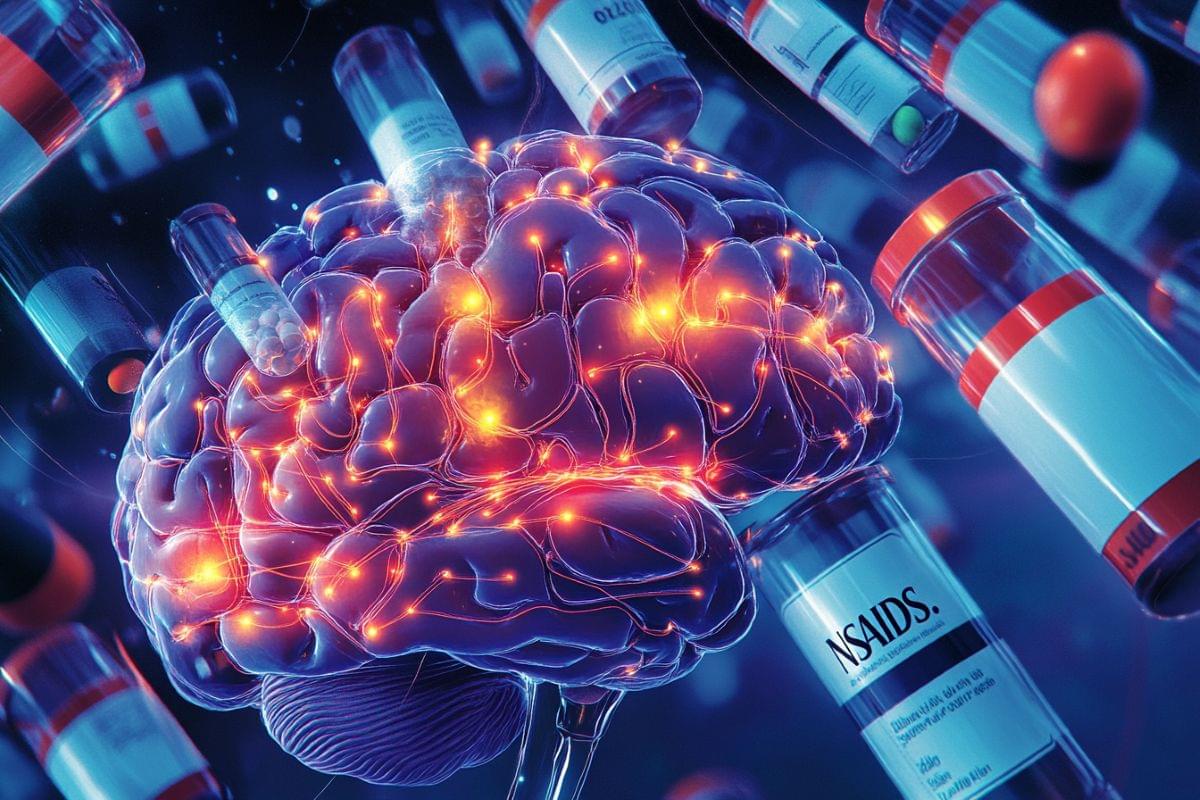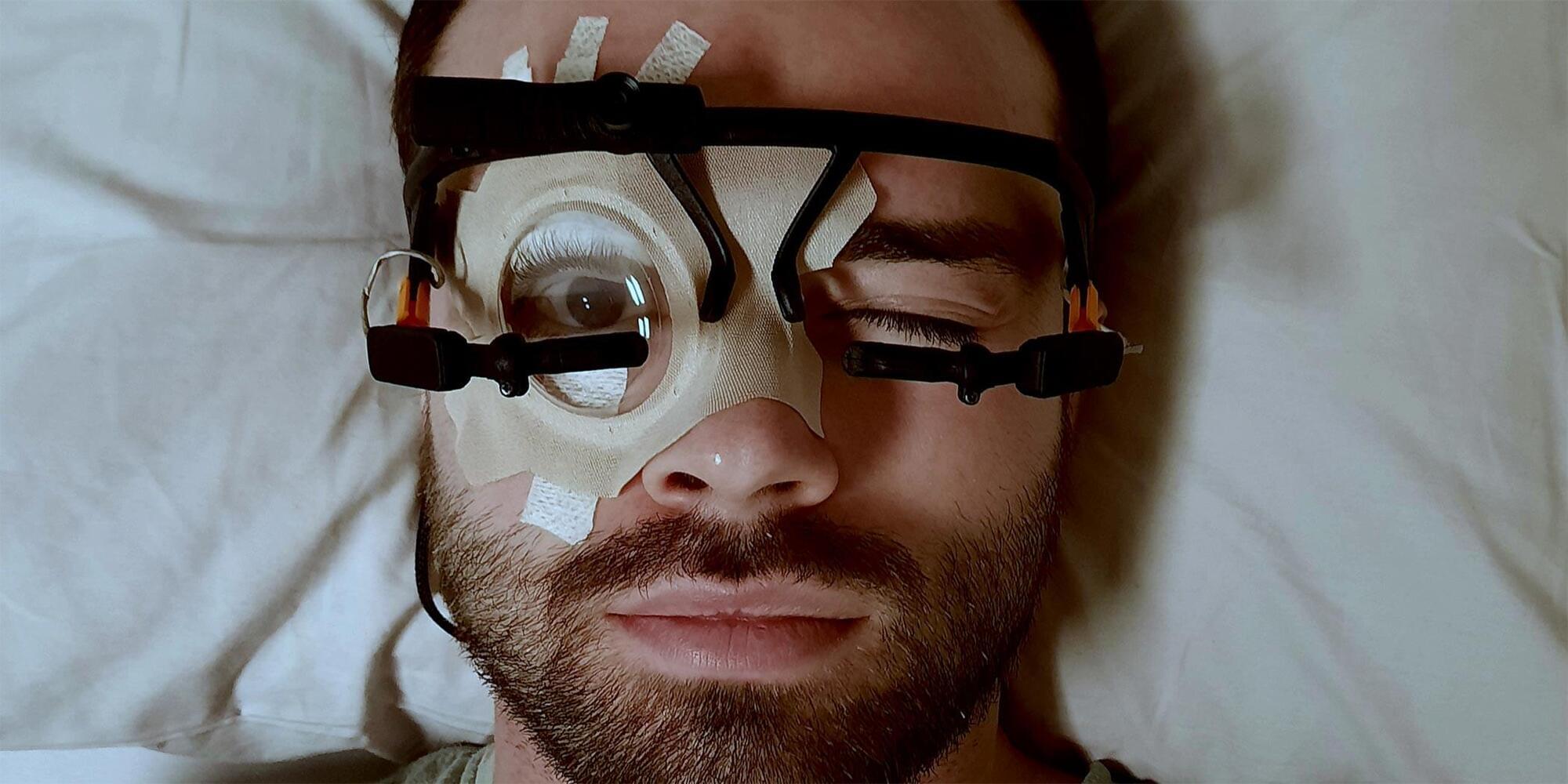A recent study suggests that some form of conscious experience may be present by the time a baby is born—and perhaps even in late pregnancy.



Scientists have identified the 1N4R tau isoform as a key driver of Alzheimer’s.
Alzheimer’s disease is a progressive neurological disorder that primarily affects older adults, leading to memory loss, cognitive decline, and behavioral changes. It is the most common cause of dementia. The disease is characterized by the buildup of amyloid plaques and tau tangles in the brain, which disrupt cell function and communication. There is currently no cure, and treatments focus on managing symptoms and improving quality of life.

In the fall, the clocks “fall back” one hour at 2:00 a.m., instantly becoming 1:00 a.m.
This week, we will lose an hour on Sunday March 9. We will gain an hour on Sunday November 2.
Daylight-saving time was originally concocted as a way to save energy in the evenings, and was implemented during World War I in Germany.

Deterioration of the hippocampus precedes and leads to memory impairment in late adulthood (1, 2). Strategies to fight hippocampal loss and protect against the development of memory impairment has become an important topic in recent years from both scientific and public health perspectives. Physical activity, such as aerobic exercise, has emerged as a promising low-cost treatment to improve neurocognitive function that is accessible to most adults and is not plagued by intolerable side effects often found with pharmaceutical treatments (3). Exercise enhances learning and improves retention, which is accompanied by increased cell proliferation and survival in the hippocampus of rodents (4– 6); effects that are mediated, in part, by increased production and secretion of BDNF and its receptor tyrosine kinase trkB (7, 8).
Aerobic exercise training increases gray and white matter volume in the prefrontal cortex (9) of older adults and increases the functioning of key nodes in the executive control network (10, 11). Greater amounts of physical activity are associated with sparing of prefrontal and temporal brain regions over a 9-y period, which reduces the risk for cognitive impairment (12). Further, hippocampal and medial temporal lobe volumes are larger in higher-fit older adults (13, 14), and larger hippocampal volumes mediate improvements in spatial memory (13). Exercise training increases cerebral blood volume (15) and perfusion of the hippocampus (16), but the extent to which exercise can modify the size of the hippocampus in late adulthood remains unknown.
To evaluate whether exercise training increases the size of the hippocampus and improves spatial memory, we designed a single-blind, randomized controlled trial in which adults were randomly assigned to receive either moderate-intensity aerobic exercise 3D/wk or stretching and toning exercises that served as a control. We predicted that 1 y of moderate-intensity exercise would increase the size of the hippocampus and that change in hippocampal volume would be associated with increased serum BDNF and improved memory function.

Summary: A new study finds that long-term use of non-steroidal anti-inflammatory drugs (NSAIDs) is associated with a lower risk of developing dementia. Researchers followed 11,745 adults over 14.5 years and found that those who used NSAIDs long-term had a 12% reduced dementia risk.
However, short-and intermediate-term NSAID use did not provide the same benefit, nor was the total cumulative dose linked to risk reduction. These findings suggest that sustained anti-inflammatory effects may play a role in protecting against dementia.

Past neuroscience studies suggest that memories of events that occurred at short time intervals from one another are often connected, via a process referred to as memory linking. While memory linking is now a well-documented phenomenon, its neural underpinnings have not been fully elucidated.
Researchers at the University of California Los Angeles (UCLA) recently carried out a study aimed at better understanding the neural processes that contribute to memory linking in the mouse brain. Their findings, published in Nature Neuroscience, suggest that dendritic plasticity, the adaptation of dendrites (i.e., branch-like extensions of neurons) over time, plays a key role in the linking of memories.
“A few years back, in a landmark study published in Nature in 2016, we demonstrated that memories formed a few hours apart are linked because they are stored in a common set of neurons in the hippocampus,” Alcino Silva, senior author of the paper, told Medical Xpress. “We wanted to know: Where within these neurons are these memories stored and linked? What was causing these neurons to be recruited?”

ETH Zurich researchers found that pupil size changes during sleep, indicating shifts in brain activity. This could help diagnose sleep and neurological disorders.
Our eyes are typically closed when we sleep. However, beneath our closed eyelids, a flurry of activity takes place. A team of researchers, led by principal investigators Caroline Lustenberger, Sarah Meissner, and Nicole Wenderoth from the Neural Control of Movement Lab at ETH Zurich, has observed that pupil size fluctuates constantly during sleep. Sometimes it increases, sometimes it decreases—sometimes these changes occur within seconds, while other times they unfold over several minutes.

“The Future Already Happened“
What if the past isn’t fixed? Scientists have just proven that the future can influence the past, shattering everything we thought we knew about time and reality. From mind-bending quantum experiments to the shocking science of precognition, this video explores the hidden connections between time, consciousness, and the universe.
✅GET YOUR FREE NUMEROLOGY READING HERE:
https://bit.ly/full-numerology-reading.
Time Stamps:
0:00 — Mind-Blowing Experiments.
1:43 — Presentiment.
2:26 — Precognition.
5:12 — J.W. Dunne’s Precognitive Dream Protocol.
7:33 — Feeling The Future.
10:00 — Remote Viewing.
12:18 — Free Will & Retrocausality.
14:43 — Lucid Dreaming.
►Copyright ©:
Script — BE INSPIRED
Narration — BE INSPIRED
Footage is licensed through Videoblocks, Artgrid, and Envato.
Music: Epidemic Sound / Audiojungle / Envato Elements.
Interviews / Video References were used under FAIR USE LAW.
© BE INSPIRED CHANNEL — All rights reserved.
This is a collection of 68 philosophical sci-fi books recommended by you.
🚀 Free Sci-Fi Ebook! Get a FREE copy of my dystopian thriller A Figure Zero when you sign up for my newsletter! 📖
👉 Claim your free ebook here and get exclusive updates on my upcoming books! 📚 https://shorturl.at/LT2y4
Check out more of my sci-fi novels below 😊
DELPHINE DESCENDS 📖 — (Amazon link) https://shortlink.uk/P59l.
After losing her family and freedom at the hands of the Imperial Network, Kathreen is sent to a brutal life of servitude, until a chance twist of fate grants her the identity of a powerful senator’s heiress. Determined to destroy the system that shattered her life, she vows to rise through their ranks—but to defeat them, she risks becoming a monster greater than any of them.